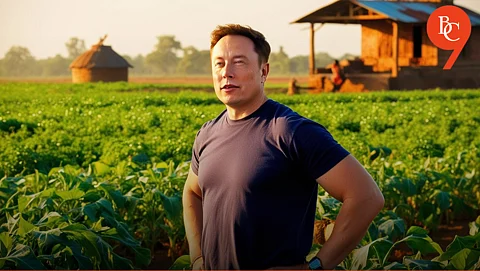

A group of former OpenAI employees has publicly backed Elon Musk in his ongoing legal battle to stop OpenAI’s corporate restructuring. Musk, a co-founder of OpenAI who left the organization in 2018, filed a lawsuit accusing the company of deviating from its original nonprofit mission to prioritize profits. The lawsuit has sparked a heated debate about the ethics of AI development and corporate governance in the tech industry.
The ex-employees have expressed concerns over OpenAI’s 2019 transition to a “capped-profit” model and its deepening ties with Microsoft, which they believe compromise the organization’s founding principles. They argue that Musk’s lawsuit highlights critical issues regarding transparency, accountability, and the ethical deployment of artificial intelligence.
Filed in August 2024, Musk accuses OpenAI of “bait-and-switch” tactics, alleging that it abandoned its nonprofit mission to pursue commercial gains. He also claims that the restructuring violates Racketeer Influenced and Corrupt Organizations (RICO) laws.
In April 2025, OpenAI countersued Musk, accusing him of attempting to derail its operations and gain control over its innovations for personal benefit. Former staff members argue that OpenAI’s for-profit shift undermines its commitment to AI safety and fairness, aligning with Musk’s criticism of the organization’s direction.
The lawsuit has intensified discussions about balancing innovation with ethical considerations in AI development. Critics of OpenAI’s restructuring believe it sets a precedent for prioritizing financial interests over societal benefits in emerging technologies. On the other hand, OpenAI defends its decision as necessary to secure funding for advanced AI research and maintain global competitiveness.
